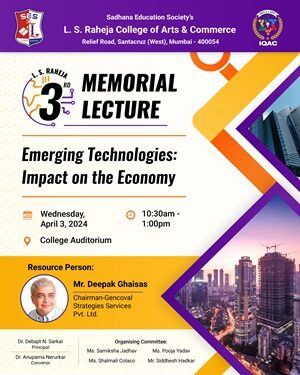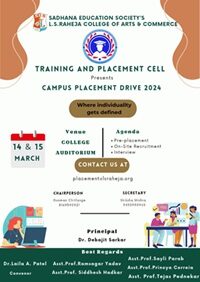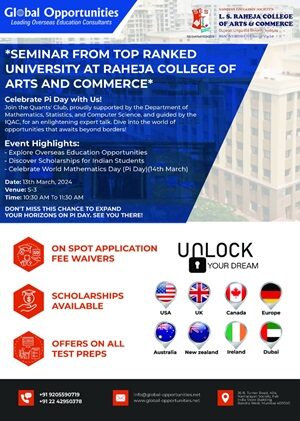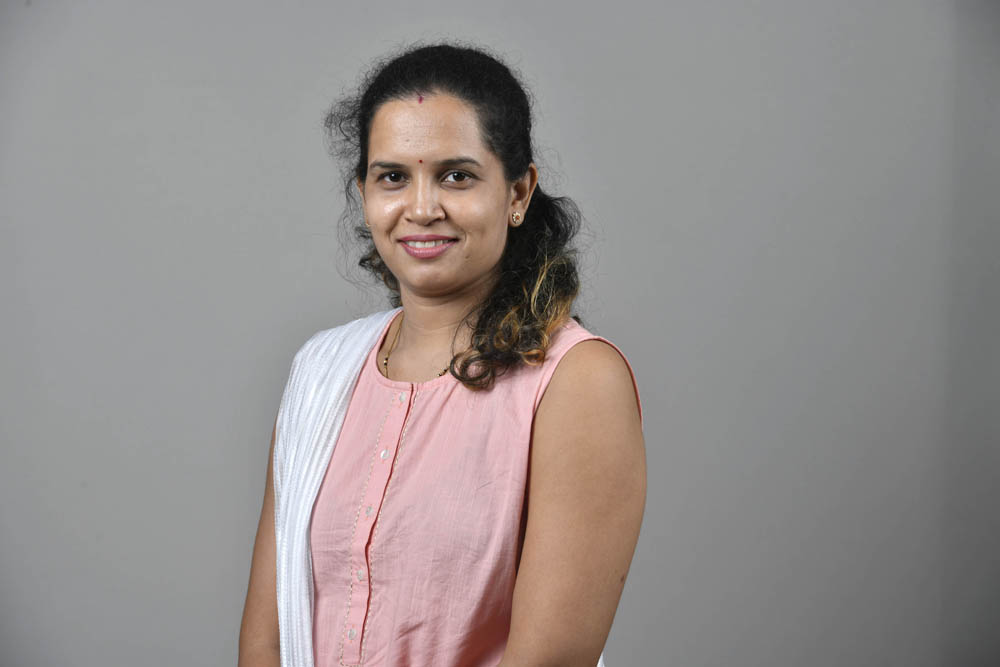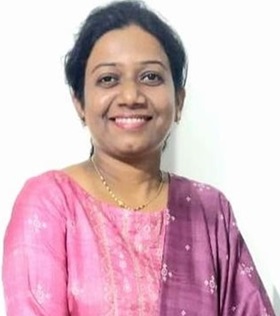The University of Mumbai started the Bachelor in Management Studies (BMS) programme in 1999-2000. The programme to cater to the growing needs of corporate India also leads to the all-round development of their personality.
The BMS programme provides comprehensive training to students in the field of Management, Accounting & Finance by way of interaction, projects, presentations, industrial visits, practical training, job orientation and placements.
Thus, if you have the zest and the endurance to face challenges, the passion to succeed and win and also to commit yourself to building a challenging career managerial nature of job with an international outlook, BMS is a programme specially designed for you.
- The curriculum is designed to mould the learners who aspire to become managers.
- To provide the learners basic understanding of management education and overall development so that they are well trained to be absorbed as middle level managers by big companies.
- The course aims to familiarize the learners with the fundamental aspects of various issues associated with business finance, business economics, marketing, human resource management, organizational behaviour etc.
- The course further helps the learners acquire decision-making skills which are a necessity in today’s globally competitive market, delegate work and primarily to coordinate with the entire organization.

